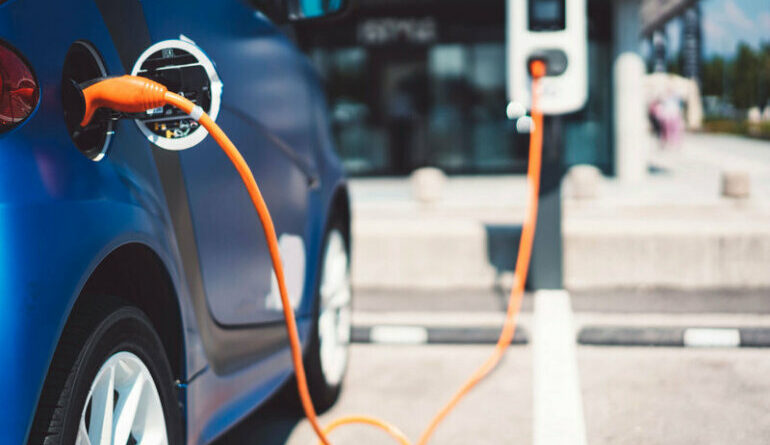Insurance implications of switching to Electric Vehicles
Recently there has been much focus on electric vehicles: Not only did Cape Town host the very first Formula E event in Sub-Saharan Africa recently, the Cape Town ePrix, but the European Parliament formally approved a law to ban the sale of new gas and diesel cars in the European Union starting in 2035. This in a bid to speed up the transition to electric vehicles (EVs).
Against this heightened interest, are we likely to see more South African drivers make the transition to EVs?
It’s complicated, says Tarina Vlok, MD at Elite Risk Acceptances, a high-net-worth insurer and subsidiary of Old Mutual Insure, but the adoption in South Africa is likely to accelerate.
“Currently we have only a very small percentage of electric or hybrid vehicles on our book. So, at the moment it as a small segment covered by insurance. However, we expect this to change significantly as new regulation pushes manufacturers to prioritise production of EVs,” says Vlok.
She adds that Elite Risk is also gearing up to insure more EVs, and, given the recent tax break on solar panels granted by the government to businesses and individuals, the switch to EVs or hybrids may even be more enticing.
“This is because some drivers may have been put off from getting a hybrid or e-vehicle, given that these vehicles often need hours of charging time before being taken for a spin. With the frequency of loadshedding, including increased prominence of stage 6 and higher, charging time may be compromised. With a tax break on solar panels, it makes the switch more palatable,” says Vlok.
A risk with the increased level of loadshedding, she says, is that if you don’t have sufficient power with a back-up system or alternate power supply, it may impact on your experience with an EV or hybrid vehicle. In addition, excessive output demand can put severe strain on inverters and batteries. “You would need to know whether your back-up system can cope with the charging of your vehicle.”
In the face of this, there is still a lot that South Africans need to understand before deciding on taking the plunge.
“Firstly, it is not significantly more expensive to insure an electric vehicle; but the premium may need to be adjusted as EVs can be pricey,” says Vlok. She says that the average claims cost of EVs or hybrids are likely to be higher, because the electronics of these vehicles are expensive.
“In addition, parts sourcing may be a problem. We always recommend that repairs – regardless of whether combustion engine vehicles or EVs hybrids – would need to be done by accredited motor body repairers.”
Statistics suggest that in the USA replacement parts are 2.7% more expensive than combustion engine vehicles.
She adds that with the cost of fuel increasing exponentially, this may also be a consideration set for the affluent to make the switch sooner. Petrol prices increased significantly at the start of March 2023.
“The battery is also very expensive, and if things go wrong, normal wear and tear won’t be covered by an insurance policy. However, a comprehensive motor policy would cover things like damage because of impact or accident, or theft. It all depends on what is the cause of the loss of the battery.”
If the battery runs flat, will insurance cover it?
“No. But we can arrange for a tow truck or a lowbed truck to take your EV to your home. Within limits of course.”
She adds that home chargers wouldn’t be covered under the vehicle’s insurance policy, rather it would fall under the home insurance policy.
Below Vlok gives some key insights into the issue:
1. As EVs become more common and repair costs decrease, insurance rates are likely to become more competitive. However, it is important to note parts availability plays a role in this, as well as repairs. Repair facilities may charge more because of the specialised training required.
2. It’s important to make sure that your insurance policy covers all the unique aspects of owning an EV. For example, you may need coverage for the battery, charging equipment, or a rental vehicle if your EV is in the shop for an extended period.
3. Remember that – as with any vehicle regardless of the segment – insurance coverage for an EV can vary widely depending on a number of factors, including your driving history, your location, and the make and model and even colour of your vehicle. It all depends on your risk profile.
“Overall, switching to an EV can have insurance implications, but with some careful planning and research, and as they become more popular choices, it’s important to protect the investment, which will give drivers peace of mind on the road,” concludes Vlok.




